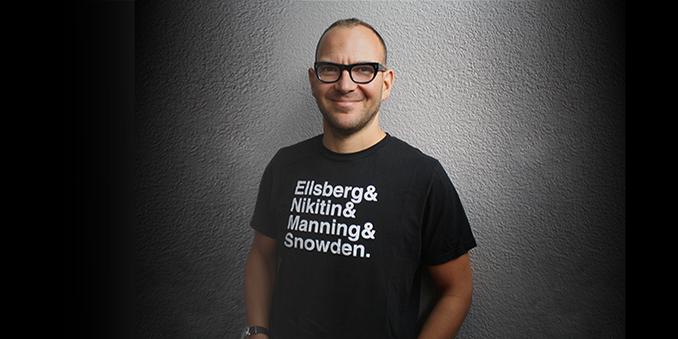Powerful people imprisoned by the cluelessness of their own isolation, locked up with their own motivated reasoning: "It's impossible to get a CEO to understand something when his quarterly earnings call depends on him not understanding it."
--
If you'd like an essay-formatted version of this thread to read or share, here's a link to it on pluralistic.net, my surveillance-free, ad-free, tracker-free blog:
https://pluralistic.net/2023/08/02/self-incrimination/#wei-bai-bai
1/



